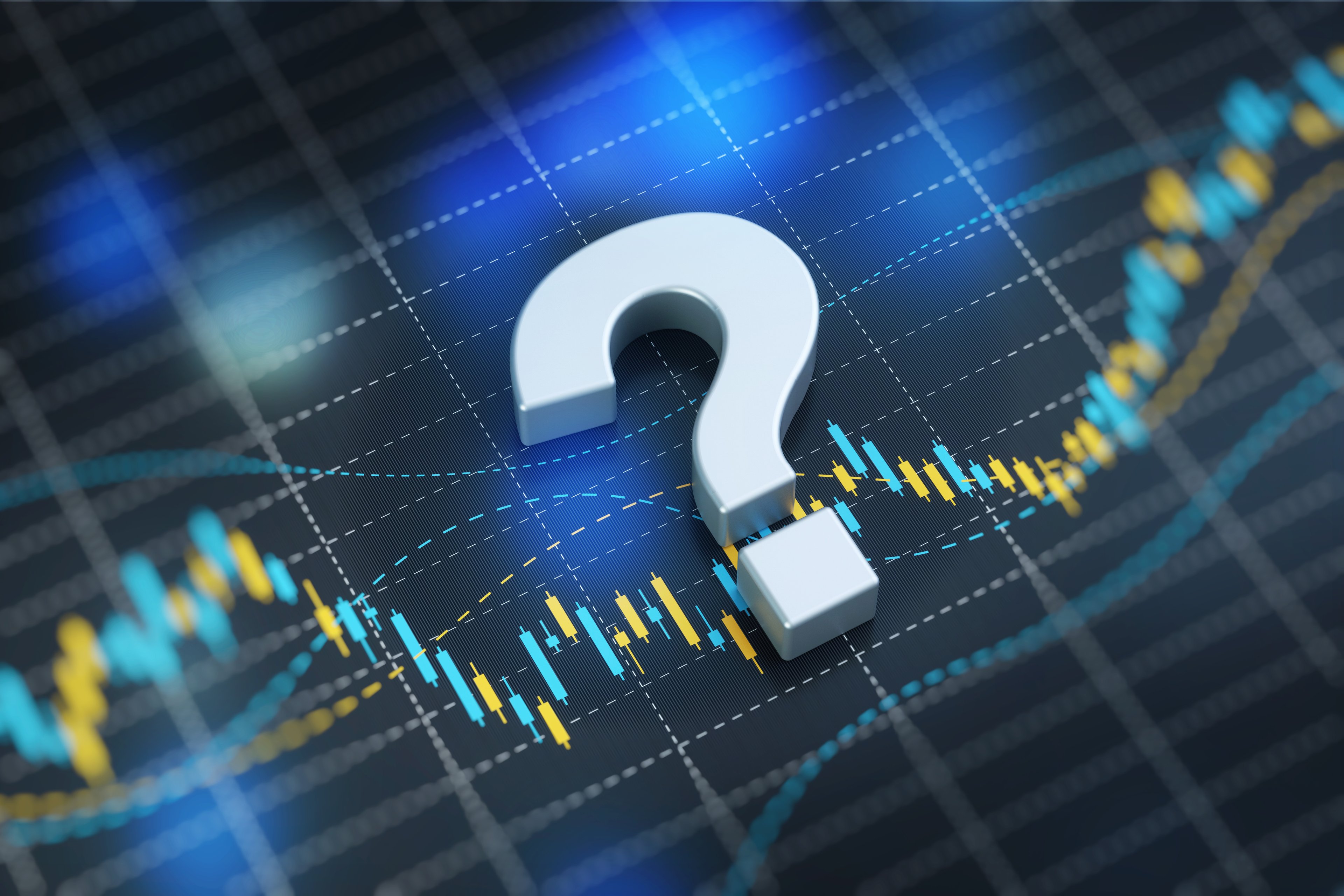It was only a matter of time: Last year, tablets powered by Google's (GOOG +1.93%) Android outsold Apple's (AAPL +0.10%) iPad, bringing Apple's multi-year run to an end. According to Gartner, Google's operating system powered nearly 62% of the tablets sold last year, while Apple's iPad accounted for just 36%.
In time, it's likely that Apple's share of the tablet market will decline further, as Google's hardware partners, including Samsung (NASDAQOTH: SSNLF), continue to offer a wide variety of alternatives at multiple price points.
Growing at the low-end
Google's mobile operating system has conquered the tablet market in exactly the same way as it conquered the smartphone market: by appealing to the low end. According to Gartner, cheaper, smaller Android tablets have become particularly popular, accounting for much of Android's recent growth.
As with smartphones, Google's mobile operating system has been especially well received with tablet buyers in emerging markets. Last year, emerging-market tablet demand grew by 145%, while developed markets saw growth of only 31%, according to Gartner.
While Apple's cheapest tablet, the original iPad Mini, retails for $300, tablets powered by Google's Android are widely available for a fraction of the cost. The least expensive Android tablets go for around $50, though the brands are far from household names. Still, for emerging-market consumers on limited budgets, the best tablet could be the one they can afford.
Samsung's shotgun approach
Despite competition from what amounts to generic brands, Samsung's share of the tablet market has grown alongside Google's operating system. Last year, Gartner reports that Samsung made about one in every five tablets sold, up from less than one in 10 in the year prior.
Unlike Apple, Samsung takes a shotgun approach to the market, offering tablets in virtually every size at every conceivable price point. Some of Samsung's tablets, including its Galaxy Note Pro 12.2, are actually more expensive than Apple's, but Samsung is also no stranger to the low end: Its Galaxy Tab 3 Lite retails for around $160.
While Apple sells four new tablets at one time, Samsung offers far too many models to list. Although this runs the risk of confusing consumers, based on Samsung's recent market share gains, it seems to be working quite well, allowing Samsung to fend off rivals that are able to offer a nearly identical software experience.
The iPad is more like the Mac than the iPhone
I've written before that I expect Apple's share of the tablet market to eventually fall into the single digits: Gartner's data only affirms my expectation. While Apple's share of the smartphone market seems to have stabilized in the teens globally, and around 40% in developed markets like the U.S., there's one key difference between tablets and smartphones.
Tablets, unlike smartphones, are almost always purchased without the help of a carrier. While the high price of Apple's iPhone is somewhat blunted by the widespread practice of carrier subsidies in developed markets, Apple doesn't have that advantage in the tablet market: The vast majority of tablets are purchased for the full retail price. Last year, analyst Craig Moffett (via AllThingsD) estimated that only 10% of new tablets were sold on wireless plans.
For that reason, Google's Android should continue to grow its share of the tablet market, eventually eclipsing Apple's iPad even in developed economies. Apple's iPad business seems destined to look more like the Mac than the iPhone, as Samsung and other Android vendors are able to aggressively undercut Apple's premium pricing.
To be clear, that isn't necessarily terrible for Apple -- as Horace Dediu pointed out that, in spite of its meager market share, Apple's Mac is more profitable than almost all of its PC competitors combined. But it could prove problematic if Google's dominance in the tablet market spills over into the handset business: either by attracting more developer interest, or luring some iPhone owners into Google's ecosystem.
Ultimately, Apple's loss of the tablet market is certainly not a positive for the company, but hardly surprising.







